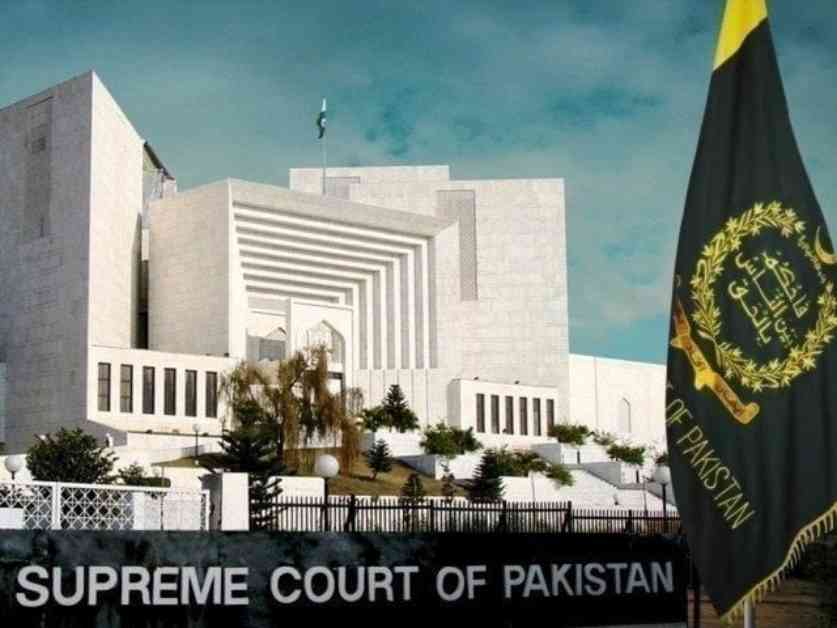Supreme Court Withdraws Contempt Notice for Registrar
The Supreme Court has made a significant decision, withdrawing a contempt notice that was previously issued to Additional Registrar (Judicial) Nazar Abbas. This ruling, announced by a bench consisting of Justice Syed Mansoor Ali Shah and Justice Aqeel Abbasi, reflects a crucial development in the legal landscape.
In a detailed verdict delivered on Monday, the court clarified that Nazar Abbas’s actions were not motivated by malice or personal gain while managing the case schedule. The judges emphasized that there was no evidence of negligence or deliberate disobedience of judicial directives in his conduct. This exoneration underscores the integrity and professionalism of Nazar Abbas in his role.
The court’s ruling highlighted a critical point regarding the Practice and Procedure Committee, noting that it had overstepped its boundaries by revising a case that was already subject to judicial orders. Similarly, the Judicial Committees were reminded that they did not possess the authority to circumvent judicial decisions through administrative means. These insights shed light on the intricate workings of the legal system and the importance of upholding due process.
Furthermore, the bench identified a pressing need for a full court review of the committees’ actions, citing Article 175(6) of the Constitution as the guiding principle for such deliberations. The recommendation to involve Chief Justice of Pakistan Umar Ata Bandial in convening a full court underscores the gravity of the situation and the necessity for a comprehensive assessment.
In a gesture towards rectifying procedural errors, the bench directed the reassignment of a customs case, which had been mistakenly recalled, to its original three-member panel for reconsideration. This move reflects a commitment to ensuring fairness and adherence to established legal procedures.
During previous proceedings, concerns were raised regarding the jurisdiction of regular benches in light of the formation of a Constitutional Bench within the Supreme Court. These discussions underscored the complexities of legal jurisdiction and the need for clarity in defining each bench’s scope of authority.
The subsequent developments, including the replacement of a bench member and the transfer of cases to the Constitutional Bench Committee, underscored the evolving nature of judicial processes and the challenges of maintaining procedural integrity. The tensions between regular benches and specialized committees highlighted the delicate balance between administrative efficiency and judicial autonomy.
Ultimately, the Supreme Court’s decision to withdraw the contempt notice for the registrar marks a pivotal moment in legal proceedings, emphasizing the importance of upholding judicial independence and procedural fairness. The complexities of this case serve as a reminder of the intricate dynamics at play within the legal system, underscoring the need for vigilance in safeguarding the rule of law.









